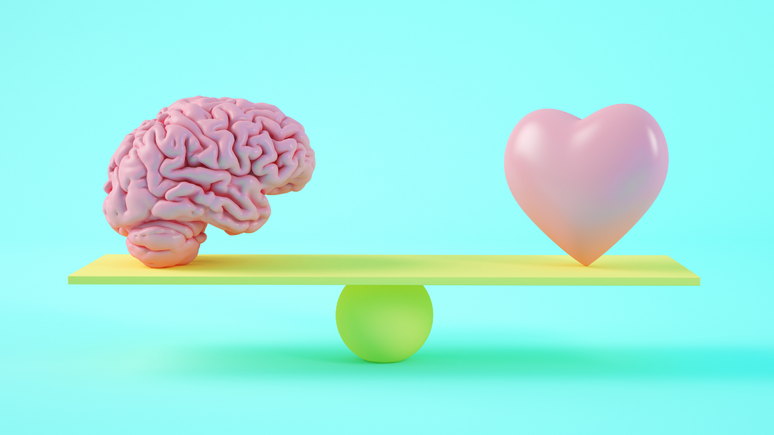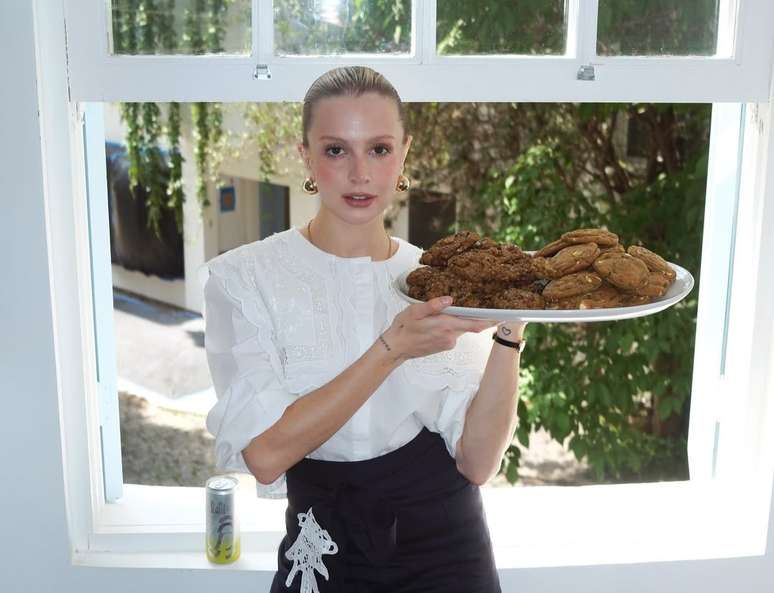The intuition is linked to the brain’s ability to acquire signals, process information and create associations based on past experiences
Do you know that feeling that something is wrong, even if everything seems normal? Or that quick look at someone who already lights up a yellow signal within you, without any logical explanation? Many people call him a feeling. Others, of intuition.
For a long time, this type of perception has been seen as almost mystical. Therefore, it was confused with the spiritual gift, with magic, with supernatural sensitivity. But gradually, science was revealing this phenomenon and what has been discovered is even more interesting.
After all, what is intuition?
Carl JungPsychiatrist and thinker who deeply influenced modern psychology, he said that intuition is an unconscious perception. And this is exactly this. Neuroscience shows that the brain is continuing to capture signs, develop information and create associations. Many times it occurs without even realizing it.
The human mind works with two great systems. One is more rational and analytical. This is what we use to solve problems, make aware decisions and organize life. It is connected to the prefrontal cortex, a region that has developed only more recently in the evolution of our species. The other is faster, emotional and automatic. It acts through old memories, emotional learning and regulated standard. In addition, it doesn’t need logic to work. It needs experience.
It is as if the brain was an antenna tuned on everything around us. Record microespressions, modifications to the tone, environmental vibrations and thin movements. Therefore, in milliseconds, compare all this with previous experiences, emotional memories, stories that we live and pain that we already feel. So the answer can come like a vague impression, discomfort or cold in the stomach. However, it does not come out of nothing.
This mechanism has a technical name: predictive processing. Different regions of the brain are involved in this process such as the hippocampus, the amygdala and even the structures related to the unconscious decision -making process, such as the striped body. It is not a witchcraft. It is biology in action.
Perhaps this is why we have that impression that the intuition “affects”. The mind sticks the models. If you have already experienced something similar, recognize, even without your active participation, and trigger a warning. That’s why, in time and experience, the feeling tends to become more accurate. A doctor can realize that something is not good with the patient even before seeing the exam. A teacher identifies that a student is only sad that he looks. A mother feels when her son is not well, even if he smiled.
Why should we feel the feeling?
These perceptions do not come from beyond. They come from the inside. From a traveled, attentive and silent brain. In clinical practice, I see it a lot. People who constantly ignore this inner voice end up neglecting gradually. Lose the reference. In addition, they make decisions that seem correct on paper, but do not resonate inside. Already those who learn to listen to this internal signal without neglecting the reason live more coherently, more aligned with what they feel and believe.
The intuition should not be used as the only compass. However, it shouldn’t be ignored either. A healthy mind balanced both sides: it clearly evaluates the facts, but does not exclude the signs of the body, the emotions, the inconveniences that insist on appearance.
Do you consider yourself an intuitive person? Have you ever experienced a situation in which your intuition seemed to warn you about something? Maybe it’s time to give more space for this type of listening. So understand how the brain works helps us to trust more. And perhaps the intuition, far from being a mystery, is just one of the sophisticated ways in which our mind guides us, protects us and guides us.
https://www.youtube.com/watch?v=x1ZVSW4WEXU
Source: Terra
Ben Stock is a lifestyle journalist and author at Gossipify. He writes about topics such as health, wellness, travel, food and home decor. He provides practical advice and inspiration to improve well-being, keeps readers up to date with latest lifestyle news and trends, known for his engaging writing style, in-depth analysis and unique perspectives.









